The Iowa Board of Regents will make decisions on the future of video boards at Jack Trice Stadium and Hilton Coliseum, a 500-foot-long extreme wind and weather simulator and a building expansion at the College of Veterinary Medicine at its meeting Wednesday.
Check out some of the topics on the regents’ docket:
Approval asked for extreme weather simulators
Iowa State is seeking permission to proceed with project planning for a National Testing Facility for Enhancing Wind Resiliency for Infrastructure in Tornado-Downburst-Gust Front Events (NEWRITE).
The first of the two facilities, a prototype, would be built in Howe Hall.
A second facility would be twenty times the size of the Howe Hall facility, estimated to be approximately 500 feet long at a location still to be determined. The facility would be full-scale and capable of testing structures larger than a single-family house.
The two facilities would “have the potential to attract researchers from around the world to engage with students, faculty and staff involved with non-synoptic wind (NSW) hazard research,” as well as undergraduate, graduate and postdoctoral students.
“Both facilities would provide extensive educational and outreach opportunities, attracting and retaining a diverse pool of undergraduate, graduate and postdoctoral students,” regents documents state. “They would also have the potential to attract researchers from around the world to engage with students, faculty and staff involved with NSW hazard research.”
The project would be funded by National Science Foundation grants as a total estimated around $83 million to $94 million.
The National Science Foundation has funded the design and construction of phase 1, including the design, construction and part of phase 2’s design. The funding also would be earmarked for research, protocol development and facility criteria development, if permission is granted by the board.
Video board vote
The Iowa State athletic department is requesting board approval to move forward with the purchase and installation of video displays and sound systems for Jack Trice Stadium and Hilton Coliseum.
The video boards to be replaced, pending approval, would be the north video board, installed in 2001, and south and ribbon video boards, both installed in 2015, at Jack Trice Stadium, the video board and ribbon board at Hilton Coliseum, both installed in 2006, and the video boards at Lied Recreation Center, installed in 2013, and Cyclone Sports Complex, installed in 2012.
The sound systems at the same facilities, except Lied, will also be replaced, if approved by the board.
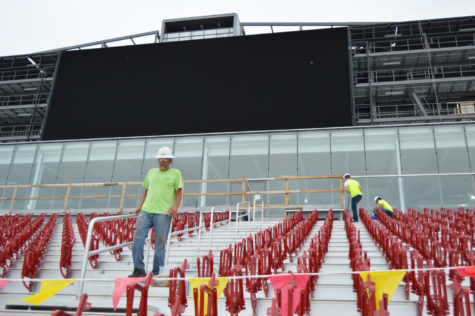
Calling the video boards a “key component to the overall event operations and game atmosphere,” Iowa State said the current sound and video systems are either passed or approaching their expected useful life.
The athletic department estimated the projects would be done at varying times, with Hilton done in fall 2024 and Jack Trice stadium done in fall 2025.
The projects are not to exceed $16 million and will be financed through a master lease program, repaid by athletic department gifts and revenues over a period no longer than ten years.
Vet med addition
Iowa State submitted a request to the board for permission to proceed with project planning to expand the Lloyd Veterinary Medical Center Large Animal Hospital.
The expansion would be more than 17,000 square feet and would cost up to $12 million.
The funding for the project is a mix of private giving and university funds.
The expansion would “increase large animal reproductive services in response to the growing equine community in the state of Iowa,” according to regent documents. “It would enhance professional student and resident training in advanced equine sports medicine and large animal reproductive services.”
The addition would also support the growth of theriogenology, the diseases and physiology of animal reproductive systems, a subject matter the college has employees working in.
Continued DEI response
The board will hear for a first time, and vote on, policy manual revisions.
According to the revision document, the changes come to comply with the board’s recommendations for diversity, equity and inclusion programs and efforts.
The changes include:
- 3.2 Admission requirements common to the three state universities
- Universities, consistent with applicable law, shall not use race or other federal or state protected class characteristics as a factor in admission decisions for undergraduate, graduate or professional programs
- 4.2 Freedom of expression
- Universities shall ensure no students, employee, applicant or campus visitor is required to submit a DEI statement or be evaluated based on participation in DEI initiatives, unless required for DEI-related compliance or accreditation
- No employee, student, applicant or campus visitor is compelled to disclose their pronouns
- The universities shall issue annual employee guidance regarding the separation of personal political advocacy from university business and employment activities
Addition of applied statistics master’s program
The Board of Regents will be asked to consider approval of the applied statistics master’s program, a degree that was developed with an “enormous and growing demand for statisticians and data science professionals” in mind.
The program is designed to teach students data-driven problems with statistical methods in a variety of fields with a goal of students being able to successfully complete a work experience in statistics, according to regents documents.
The program has 23 online credits and 30 credits in total, seven of which would be new. The program would take students 15 months to complete.
The degree would be housed in the College of Liberal Arts and Sciences and would be funded by student tuition, which according to regent documents would generate more in revenue than it would incur in expenses by the fourth year.
Other business
The board will elect a new president, who will serve in the role until April 30. The vacancy was filled after Regent Michael Richards announced he was leaving the position and stepping down fully from the board in April. President pro-tem Sherry Bates has been serving as interim president since Richards announced he was stepping down from president.
The regents will hear reports from the office of the provost regarding academic integrity and how it is monitored and addressed and a report on meeting workforce needs through micro-credentials and certificates.


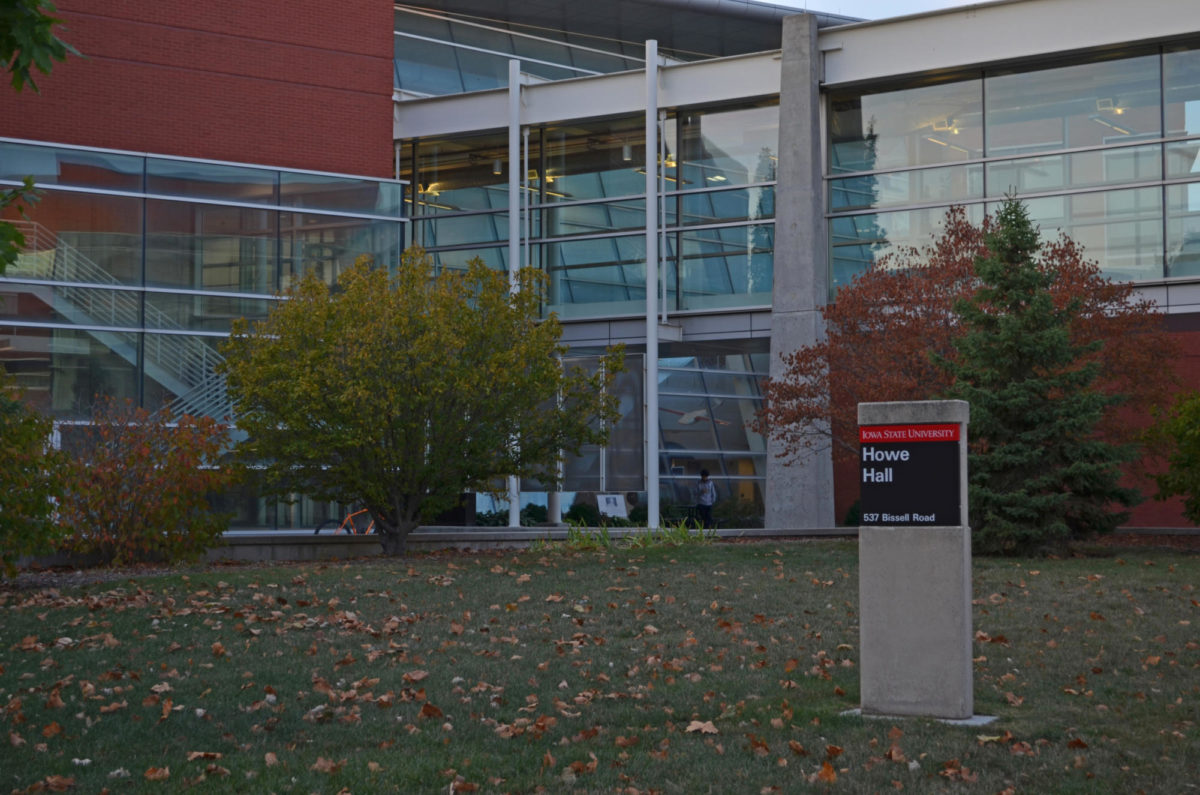







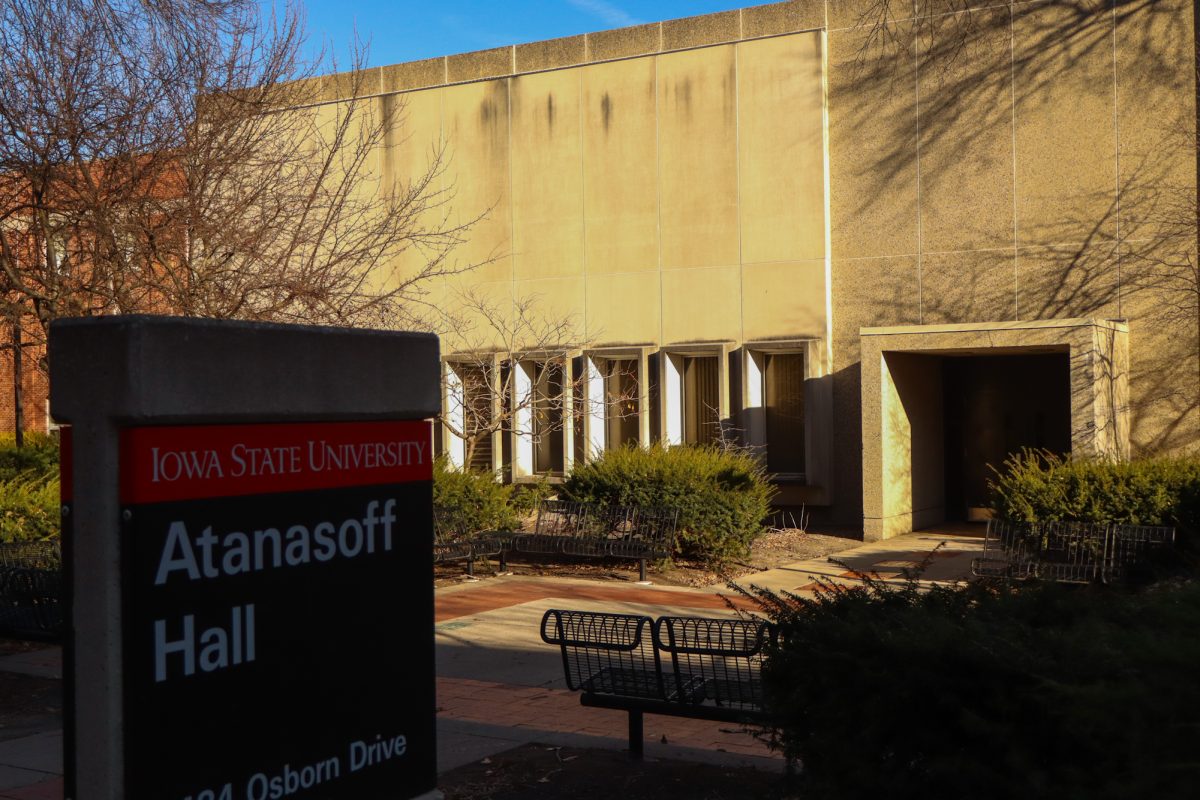
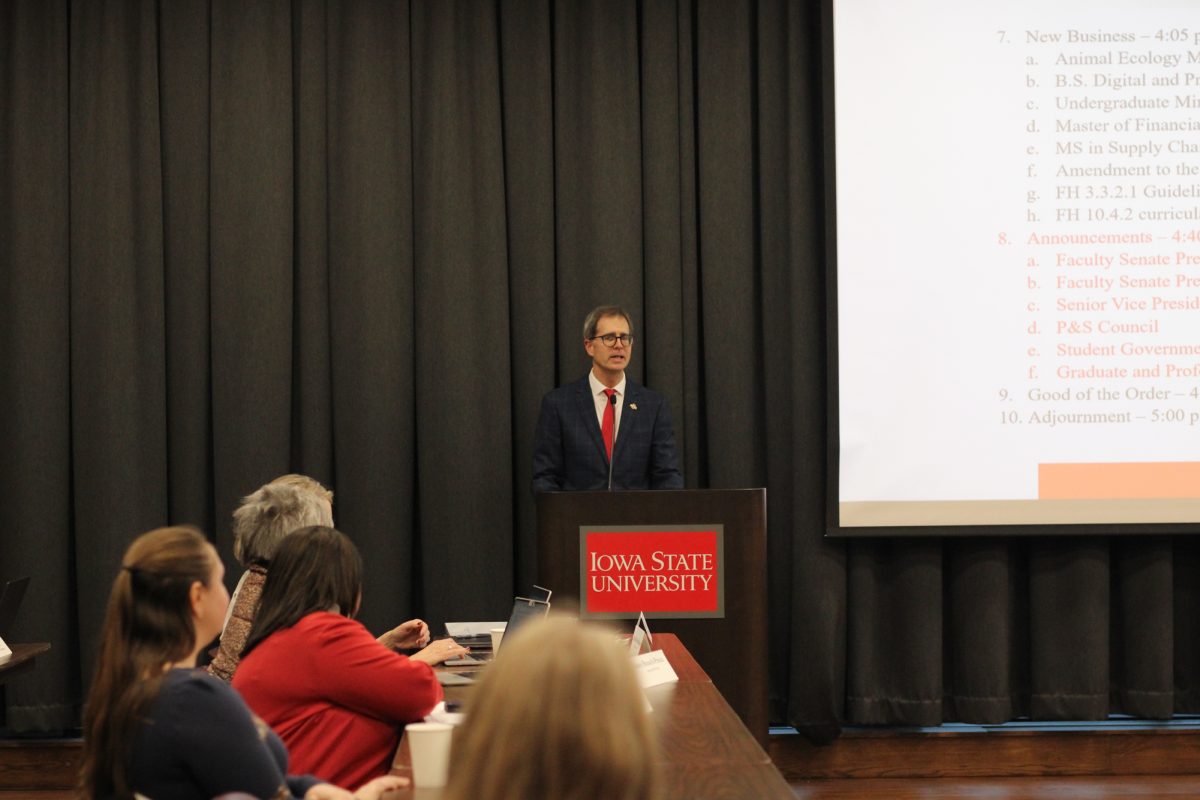

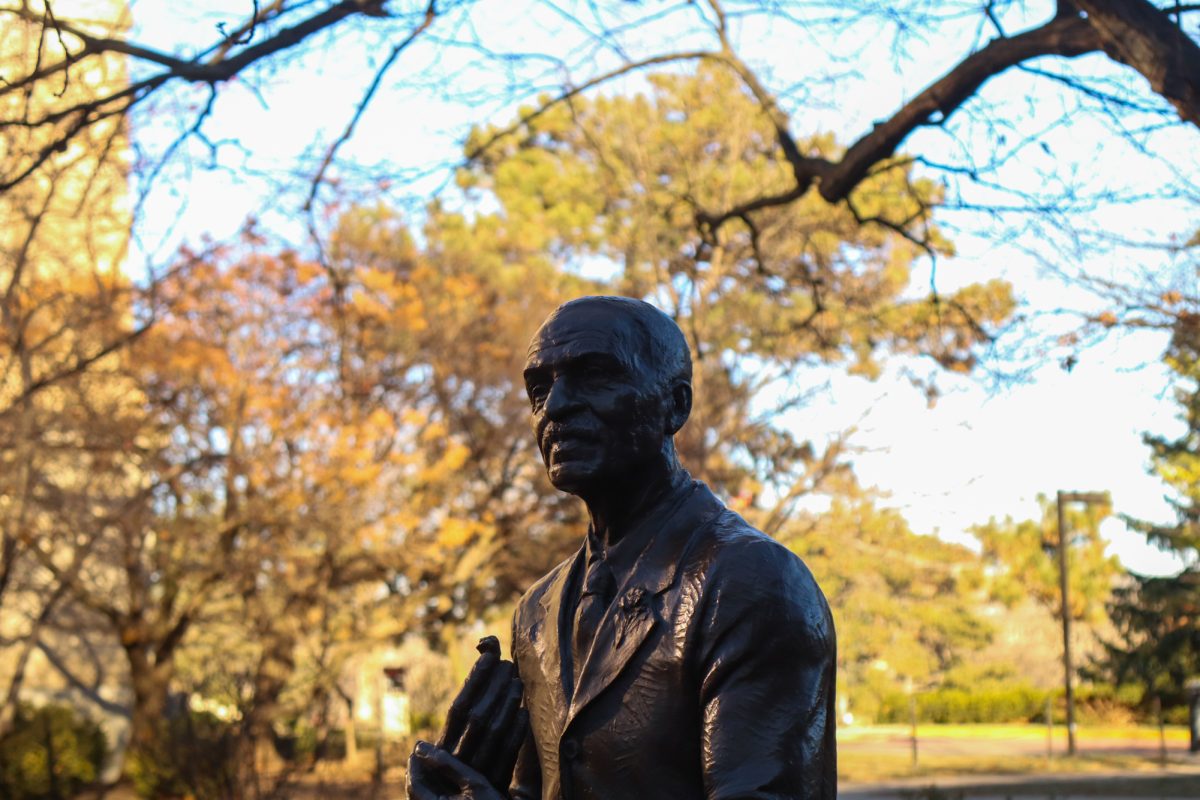
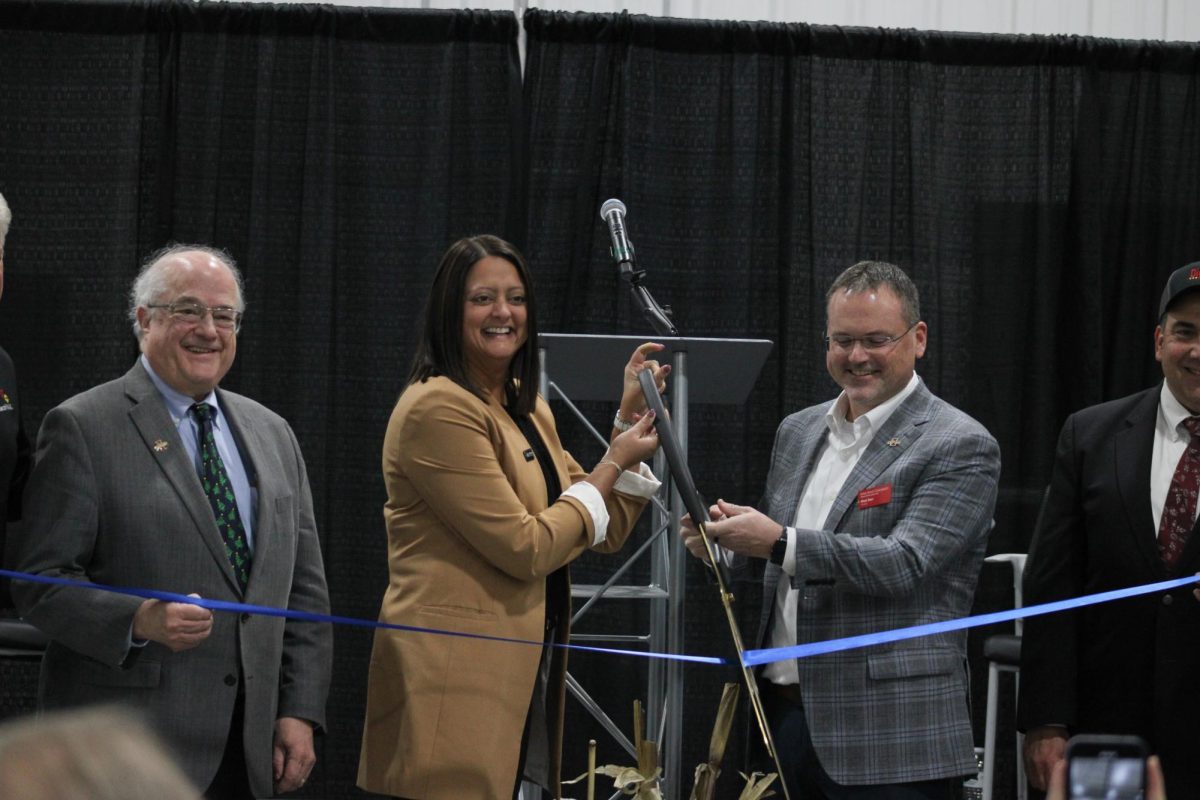

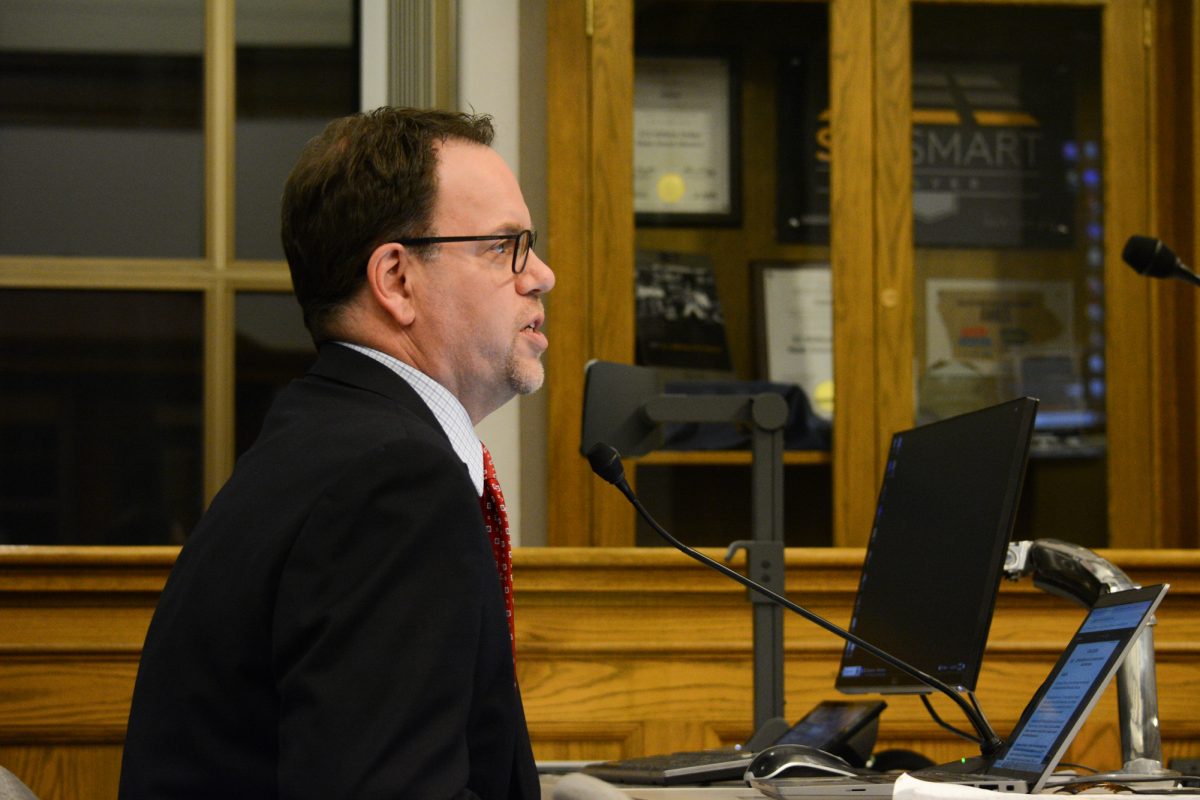

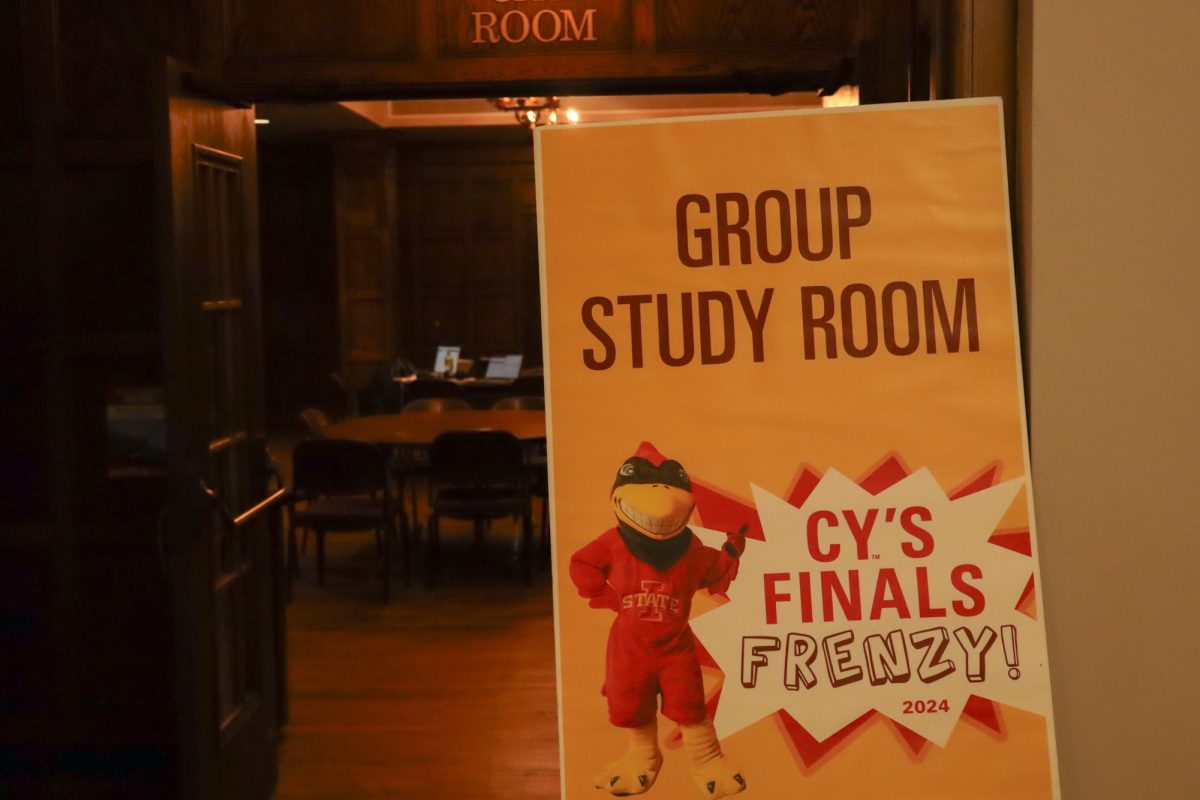

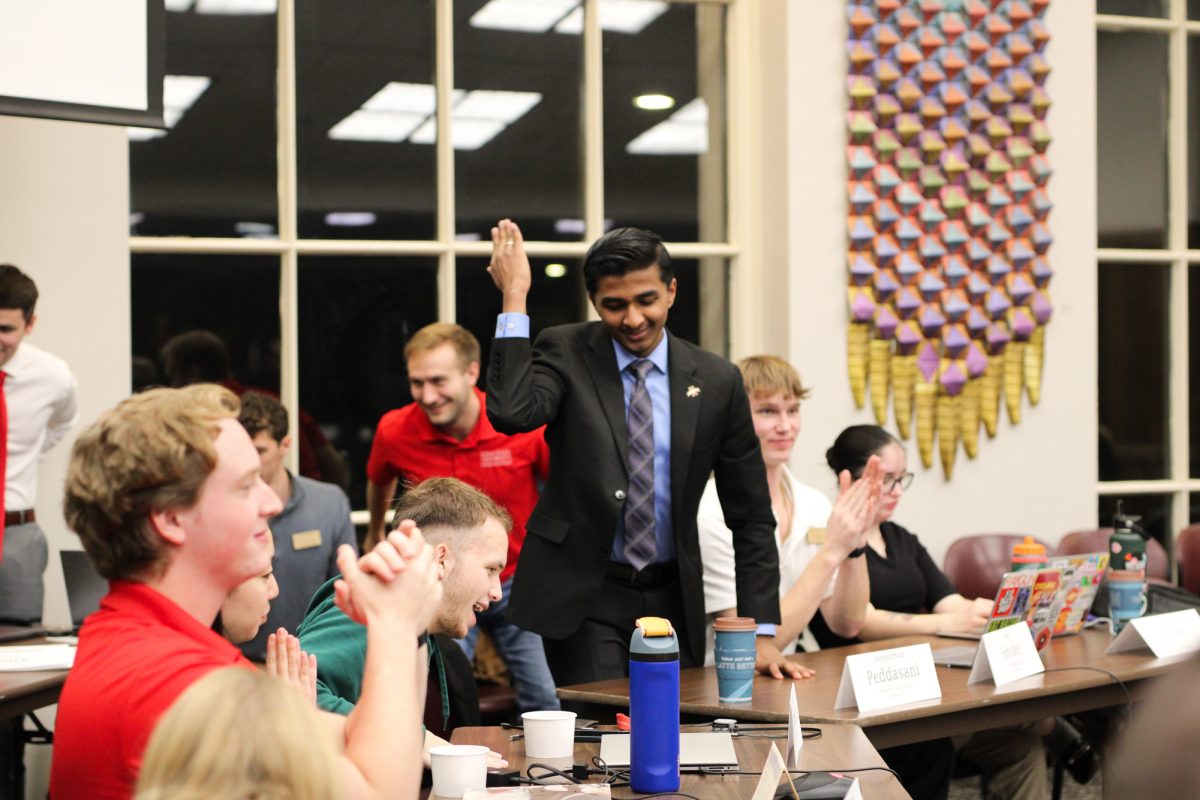
James | Feb 26, 2024 at 11:38 am
From the Gazette (out of Cedar Rapids): “Neither ISU nor the universities of Iowa or Northern Iowa have or have ever had policies requiring students, employees, applicants or visitors disclose their preferred pronouns. As to why, then, a board ‘DEI study group’ included among its 10 recommendations one barring compelled disclosure, regents reported receiving feedback and anecdotal evidence of ‘situations when students, employees or visitors on campuses were asked to provide information regarding their personal use of pronouns in ways that made them uncomfortable.'”
Relying solely on “anecdotal evidence” is not how decisions like this should be made. There is evidence-based data that strongly suggests the value of DEI programs and their missions. While the mission has its problem areas, it’s not as if the Regents (or the Iowa legislature, for that matter) are providing any constructive alternatives. The Party of No continues their strong track record of pushing this state back 50 years. The data also suggests the harm (including economic harm) that can come from not being more inclusive. Case in point, the decreasing numbers of diverse people choosing to stay in (or move to) this state. The brain drain in Iowa is real and can be linked to efforts such as defunding DEI in the public arena.